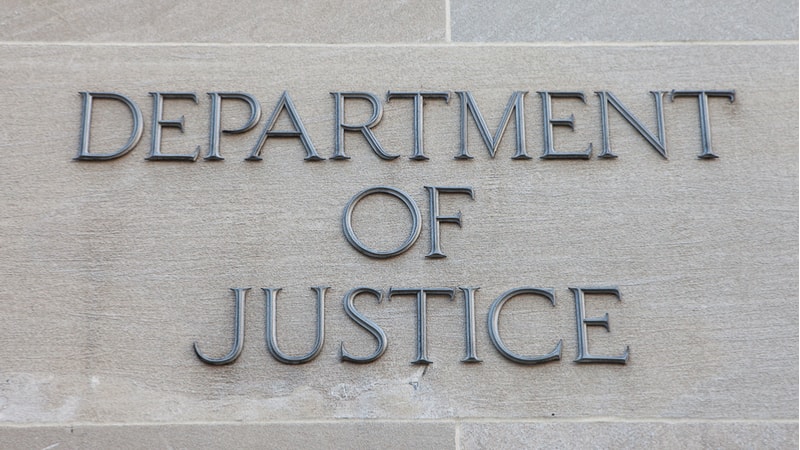
Deputy Attorney General Jeffrey Rosen urged Americans this week to participate fully in the democratic process and realize that the fear of “malign influence” on elections are as old as the country itself.
“Every American can control who they vote for,” said Rosen, whose role at the Department of Justice (DoJ) gives him oversight responsibility of the Federal Bureau of Investigation and DoJ’s National Security Division – both of which have a role in securing elections.
Speaking during an online event called “Combating Malign Influence in 2020” hosted by the Center for Strategic and International Studies (CSIS), Rosen said Americans should be knowledgeable, informed, and participate in the democratic process.

“The American voter has a big role to play in being the ultimate ones who decide what information they rely on and how they cast their votes,” he said.
Rosen explained the “a distinction between voting infrastructure and the somewhat more elusive malign influence activities.” He said the former, which includes polling places and printed ballots, has been well protected historically, and even more so through increased security efforts over the past few years.
“We are also concerned about another threat that is known as malign foreign influence,” Rosen said. This he described with the three C’s framework (coercive, covert, corrupt) for foreign influence over how Americans think about issues and how they cast their votes.
Malign foreign influence is a challenge for voters that did not end in 2016, said Rosen – alluding to the findings of Russian government interference in the previous presidential election as documented by former Special Counsel Robert S. Mueller III.
“It didn’t begin in 2016 either,” he added.
Hearkening all the way back to the nation’s founding era, he provided an example of foreign influence in the Adams-Jefferson election of 1796 as well as conveying additional examples of foreign influence throughout the nation’s history.
“As this old problem takes on new looks, the Department of Justice has been responding to this problem with our own tools,” Rosen said.
Specifically, he said DoJ has been assisting social media companies, campaigns, and election officials in hardening and improving the resilience of their platforms. This assistance includes defensive counterintelligence briefings, he added. He also noted public announcements on foreign influence operations from the Office of the Director of National Intelligence.
“Americans should not be deterred from participating in elections by concerns of malign foreign influence efforts,” Rosen said. “All Americans, in the end, can control who they vote for.”
